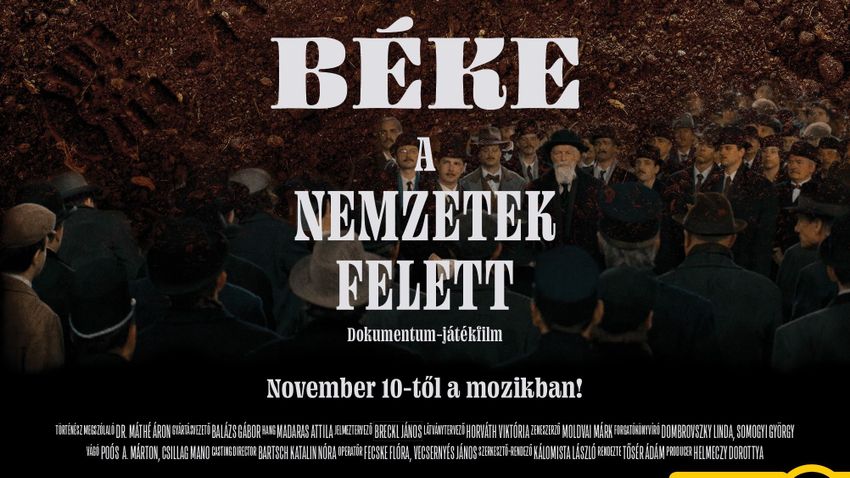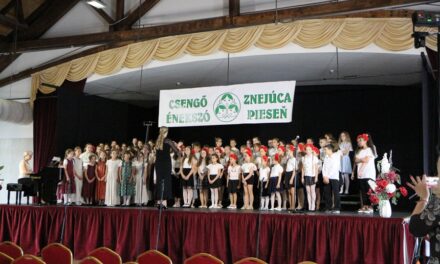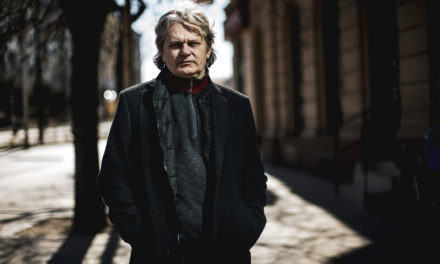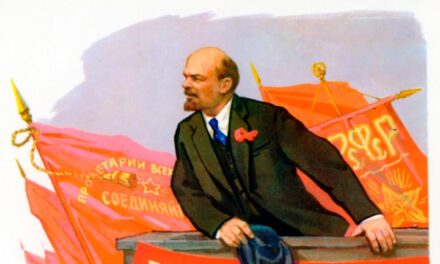The most exciting Trianon movie to date was released at the end of last year. It presents the events of more than a hundred years ago using new methods, and also provides previously unpublished data. Peace - Above the Nations will debut on Duna TV on January 31 at 8:48 p.m.
In addition to the documents, the production Peace - Above the Nations, which its producer Megafilm presented in cinemas at the end of 2022, also provided reconstructed details. The documentary-feature film explores the domestic and foreign political circumstances of the time, which led to the most catastrophic loss in Hungary's thousand-year history, with archival footage, feature film elements, and with the help of Hungarian and French historians.
Among other things, it seeks answers to questions such as what happened to the Hungarian negotiating delegation visiting France after January 7, 1920, or how the events reached the point where the parties signed the contract on June 4, 1920.
Different historical interpretations set historical facts based on different perspectives and interests. Anyone who wants to see clearly should go from the contingency of historical interpretations to the certainty of reality. The documentary film Peace - Above the Nations takes the viewer along this path by reconstructing the events leading up to and shaping the 1920 Trianon Peace Treaty, summoning archival footage and hearing the voices of historical experts.
According to the historian Áron Máthé, who also speaks in the film, economic and military pressure forced our country to sign the peace terms.
In the case of the former, the historian emphasized the blockade of the Entente powers, which was maintained not only during the war, but also after the armistice. According to modern German historians, around one million Germans lost their lives during this time due to starvation following the war. In terms of proportions, the situation was similar in Hungary. In Hungary, the left-wing regime marked by the name of Mihály Károlyi did not even try to protect the borders in 1918. The Soviet Republic already made an attempt to do this, but it did not succeed. By August 1919, we had no effective military force left. The country was stunned. The film presents and makes it possible to experience what happened at that time.
The viewers can see into the hellish dilemma of the members of the peace delegation, since by the time they were invited to Paris, everything had already been decided, the great powers had already drawn the Czechoslovak-Romanian-Serbian border between them. The Hungarian delegation faced this in Paris. Still, they tried the impossible, and we can't appreciate that enough.
Even today, many Hungarians live beyond our borders. On the one hand, the movie can help the youth to understand this, but the work also serves to strengthen the sense of identity - emphasized Dorottya Helmeczy, the film's producer.













